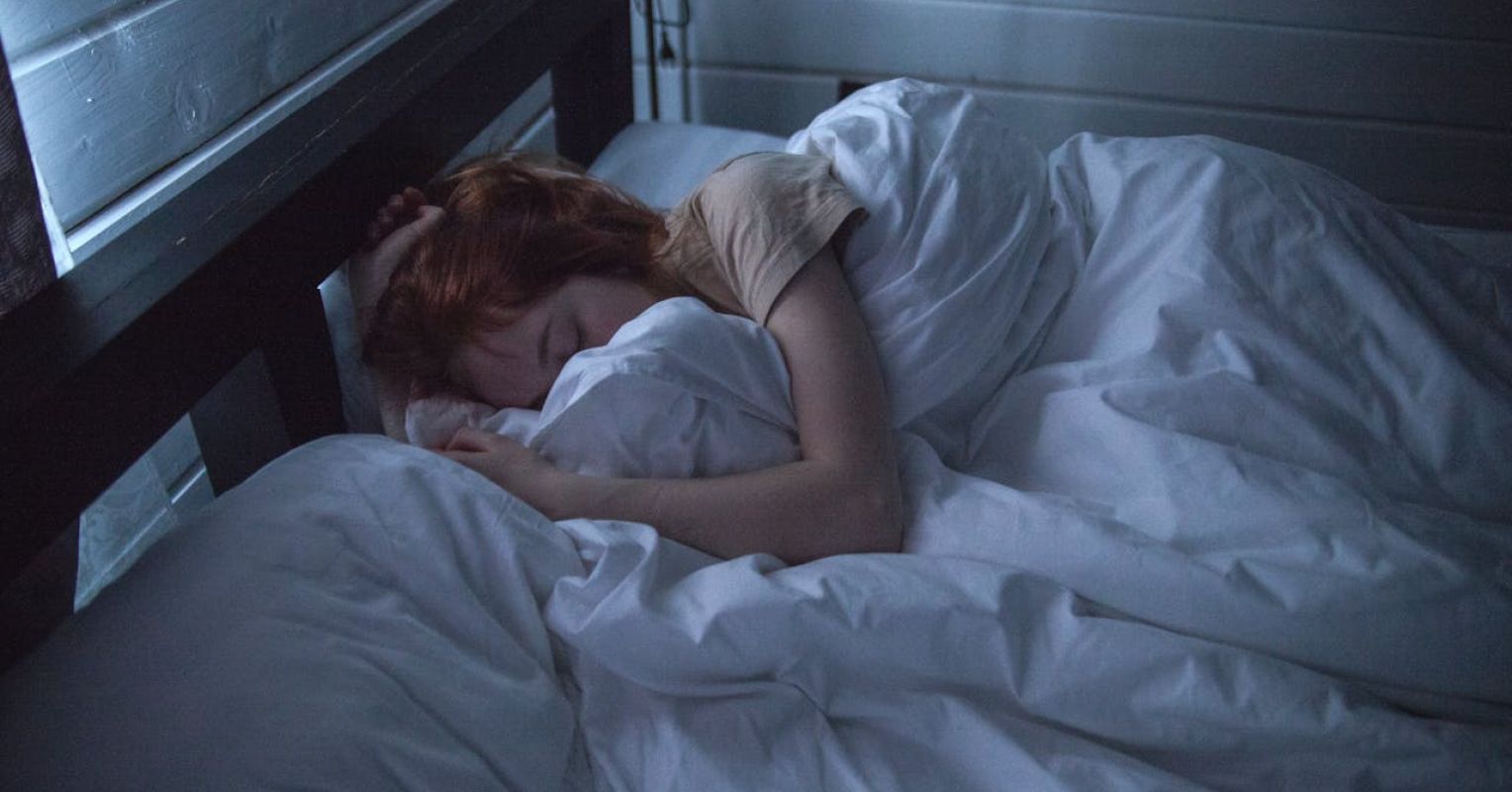
"Sleep has become a public culture priority. The sleep industry now exceeds $68 billion. Nearly half of adults report insomnia symptoms at some point. Chronic insomnia means difficulty falling or staying asleep at least three nights per week for at least three months, with daytime consequences and/or significant distress. About 1 in 3 Americans uses a wearable device to track sleep, suggesting the public truly values sleep."
"Medication can feel like the fastest way to regain control when nights become unpredictable. Yet the gold standard treatment recommended for chronic insomnia is cognitive behavioral therapy for insomnia (CBT-I), given overwhelming randomized controlled studies. The American College of Physicians, National Institutes of Health, and American Academy of Sleep Medicine all recommend CBT-I as the first-line treatment for chronic insomnia. Furthermore, the guidelines state that CBT-I should be delivered first, and only after someone fails to see significant improvement from CBT-I."
Chronic insomnia involves difficulty falling or staying asleep at least three nights per week for three months or more, causing daytime consequences or significant distress. Cognitive behavioral therapy for insomnia (CBT-I) is supported by randomized controlled trials and recommended as the first-line treatment by major organizations; medication should be considered only after inadequate CBT-I response. Consumer sleep products and devices cannot cure chronic insomnia because insomnia is a clinical disorder rather than a lifestyle problem. Public focus on sleep is large—industry revenue exceeds $68 billion and many adults track sleep—but the most important habits are consistent sleep schedules and sufficient total sleep time, not deep-sleep metrics.
Read at Psychology Today
Unable to calculate read time
Collection
[
|
...
]